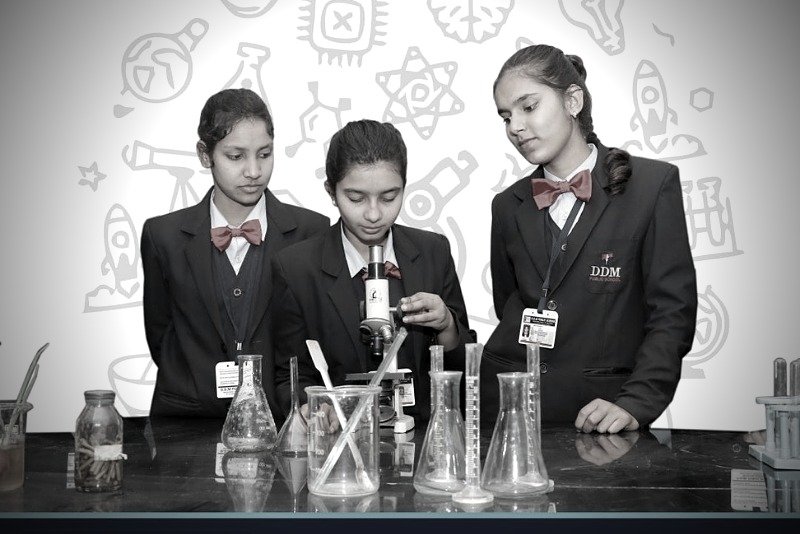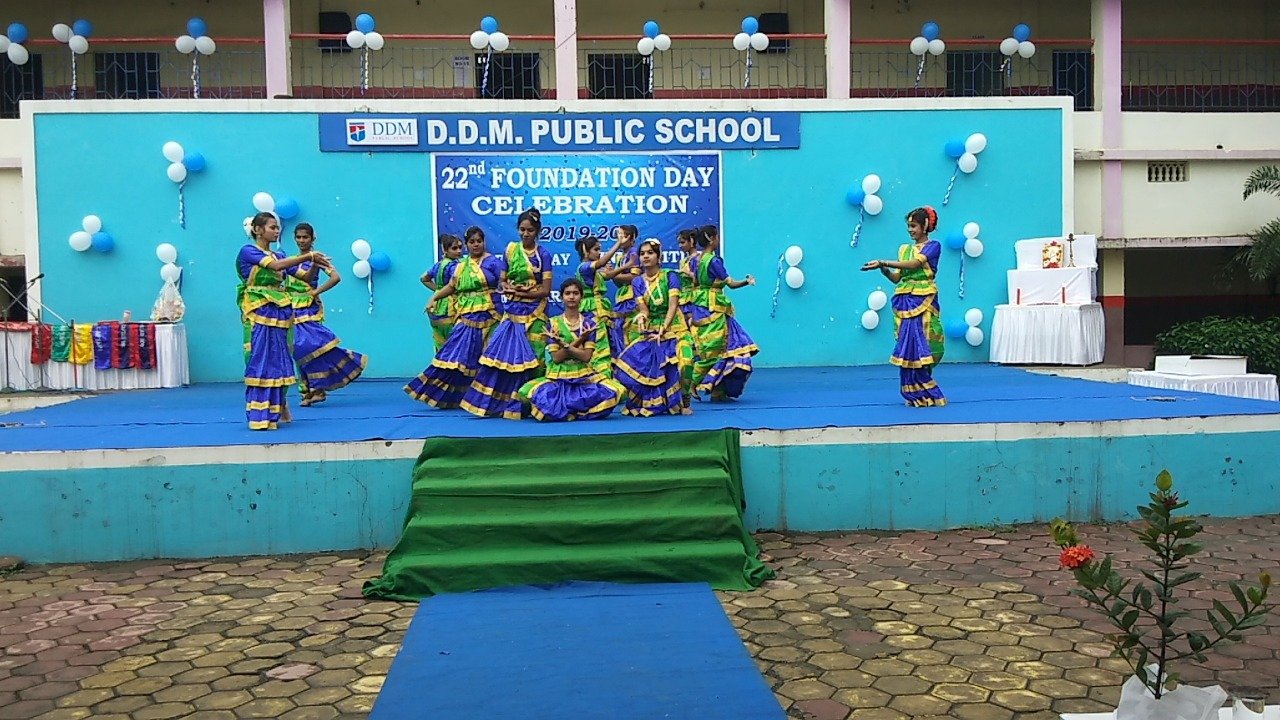
A balanced proportion of studies and co-curricular activities help students in becoming smart and intellectual. Participation of students in Extra-Curricular activities helps them in learning to multitask, and an outshining all-rounder.
Co-curricular activities are activities that take place outside the classroom but strengthen or improve the classroom curriculum in some way. They are ungraded and do not offer any form of academic credit, still, they do offer complimentary learning of some form. For instance, co-curricular activities include the National Honor Society, student council, school sports teams, math clubs, chess clubs, talent shows, spelling bees, writing contests, debates, mock trials, school newspapers, and drama productions. All of these activities take place outside the conventional classroom and offer no grade or academic credit, but they provide additional and complementary instruction and education for students.
It should be noted that there is a definite, though sometimes fuzzy difference between co-curricular and extracurricular activities. Where co-curricular activities are connected in some way to school and academic learning, extracurricular exercises step outside of this realm.
Extracurricular activities are those activities that occur outside of the educational framework and do not present guidance or experience to supplement the academic curriculum. Association in a sport that occurs outside of the school, would be considered an extracurricular activity. Other extracurricular activities might include church-related activities, music classes that are not affiliated with the school, dance recitals, Girl Scouts or Boy Scouts, or martial arts competitions.

Co-curricular exercises can accommodate students with a lot of interesting and important experiences outside the traditional classroom. There are many advantages to involvement in co-curricular activities, including: